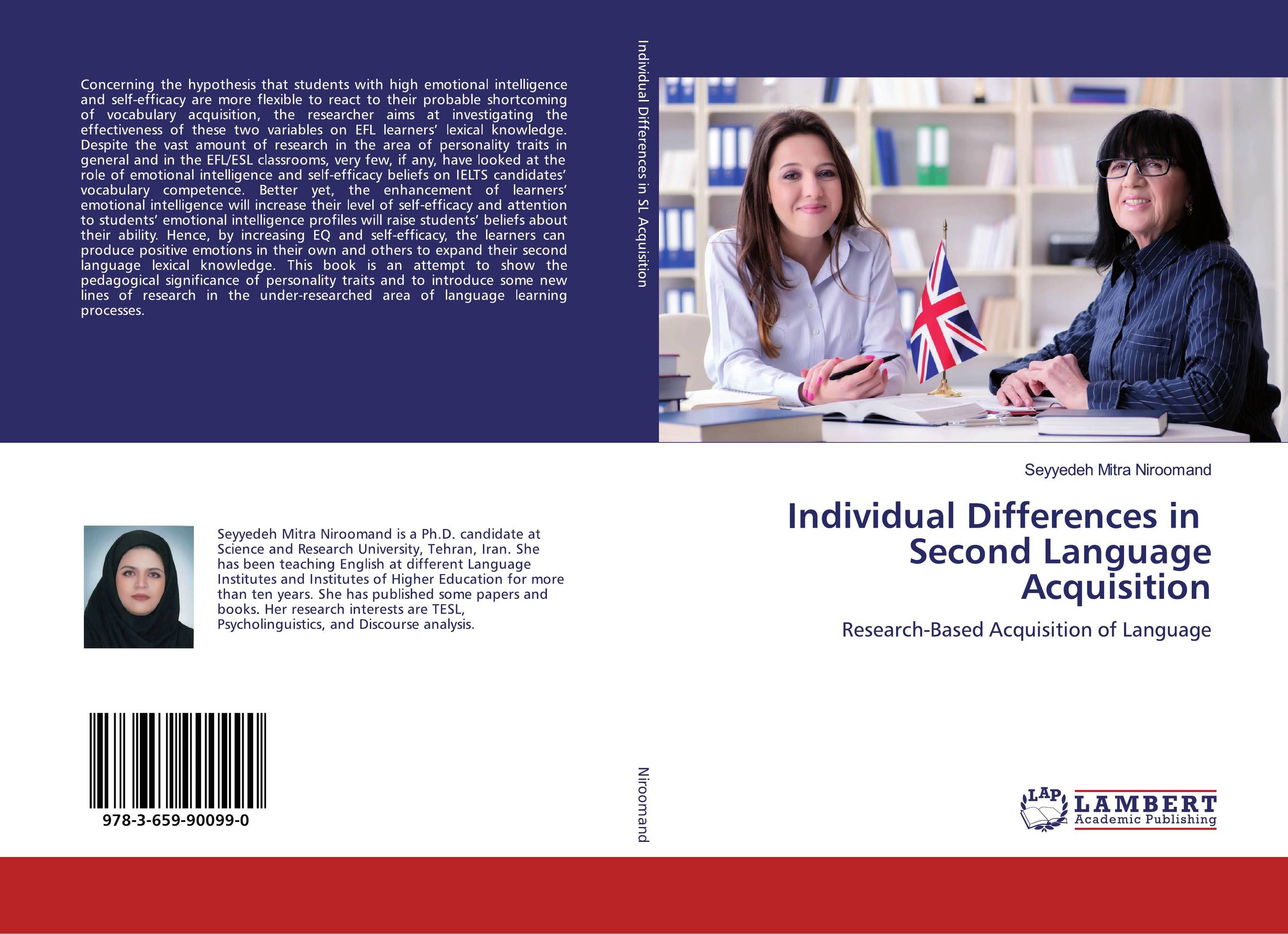| Поиск по каталогу |
|
(строгое соответствие)
|
- Профессиональная
- Научно-популярная
- Художественная
- Публицистика
- Детская
- Искусство
- Хобби, семья, дом
- Спорт
- Путеводители
- Блокноты, тетради, открытки
Individual Differences in Second Language Acquisition. Research-Based Acquisition of Language

В наличии
| Местонахождение: Алматы | Состояние экземпляра: новый |

Бумажная
версия
версия
Автор: Seyyedeh Mitra Niroomand
ISBN: 9783659900990
Год издания: 2019
Формат книги: 60×90/16 (145×215 мм)
Количество страниц: 120
Издательство: LAP LAMBERT Academic Publishing
Цена: 32599 тг
Положить в корзину
Позиции в рубрикаторе
Отрасли знаний:Код товара: 220679
| Способы доставки в город Алматы * комплектация (срок до отгрузки) не более 2 рабочих дней |
| Самовывоз из города Алматы (пункты самовывоза партнёра CDEK) |
| Курьерская доставка CDEK из города Москва |
| Доставка Почтой России из города Москва |
Аннотация: Concerning the hypothesis that students with high emotional intelligence and self-efficacy are more flexible to react to their probable shortcoming of vocabulary acquisition, the researcher aims at investigating the effectiveness of these two variables on EFL learners’ lexical knowledge. Despite the vast amount of research in the area of personality traits in general and in the EFL/ESL classrooms, very few, if any, have looked at the role of emotional intelligence and self-efficacy beliefs on IELTS candidates’ vocabulary competence. Better yet, the enhancement of learners’ emotional intelligence will increase their level of self-efficacy and attention to students’ emotional intelligence profiles will raise students’ beliefs about their ability. Hence, by increasing EQ and self-efficacy, the learners can produce positive emotions in their own and others to expand their second language lexical knowledge. This book is an attempt to show the pedagogical significance of personality traits and to introduce some new lines of research in the under-researched area of language learning processes.
Ключевые слова: Individual differences, second language acquisition, Emotional Intelligence, self-efficacy, Vocabulary knowledge



